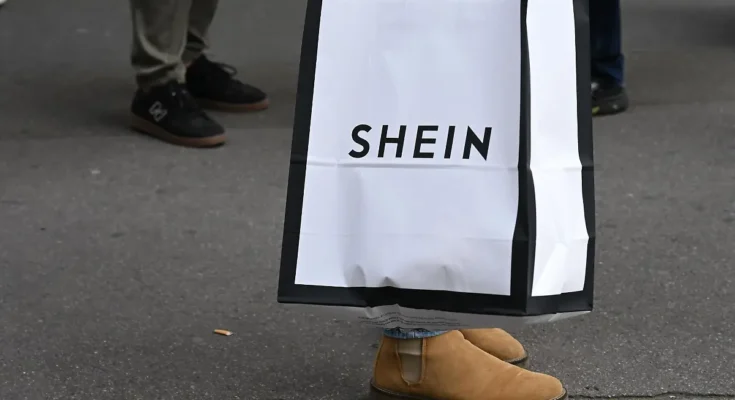Greenpeace’s worrying testOnce again: dangerous chemicals were detected on Shein’s clothes
from Nina Erdmann
Still poisonous!
With nearly 370 million visits per month, Shein is the most visited fashion site in the world – even though experts have long criticized that Chinese clothing contains dangerous chemicals. Shein has promised to use fewer chemicals – now Greenpeace has tested the components again and the results are again worrying!
Plasticizers and carcinogenic substances were found
This year, Greenpeace purchased 56 items of clothing from eight countries and analyzed them in an independent laboratory. Moritz Jäger-Roschko, circular economy expert at Greenpeace, summarizes: “Our results show that almost all of the products tested contained dangerous chemicals. And a third of the products exceed EU limits.” Here are the results in detail:
-
18 products (32%) exceeded legal limits, including children’s clothing
-
7 jackets contained PFAS levels up to 3,300 times higher than the permitted limit
-
14 products exceeded phthalate limits, six of them a hundredfold or more
Phthalates are plasticizers which, according to Greenpeace, interfere with the growth, fertility and healthy development of children. Greenpeace describes PFAS as carcinogenic; they weaken the immune system, liver and kidneys.
Reading tips: France targets Shein for illegal products
Much was promised, nothing was realized
Greenpeace has analyzed Shein’s clothing in 2022, with similar results. The retailer then removed the dangerous product from its range. However, almost the same product is available again, in this case children’s costumes.
Greenpeace expert Moritz Jäger-Roschko in a costume that should no longer be sold.
RTL
At the start of this year, Shein announced that it had significantly improved its chemical management. But the test speaks a different language. We reached out to Shein for comment. The response: “We were not notified in advance of the Greenpeace test results, so we cannot verify the results. As a precaution, we have initiated our standard security protocols and removed the affected items from our online stores worldwide while we investigate this issue.”(No)
Sources used: RTL research, Greenpeace



